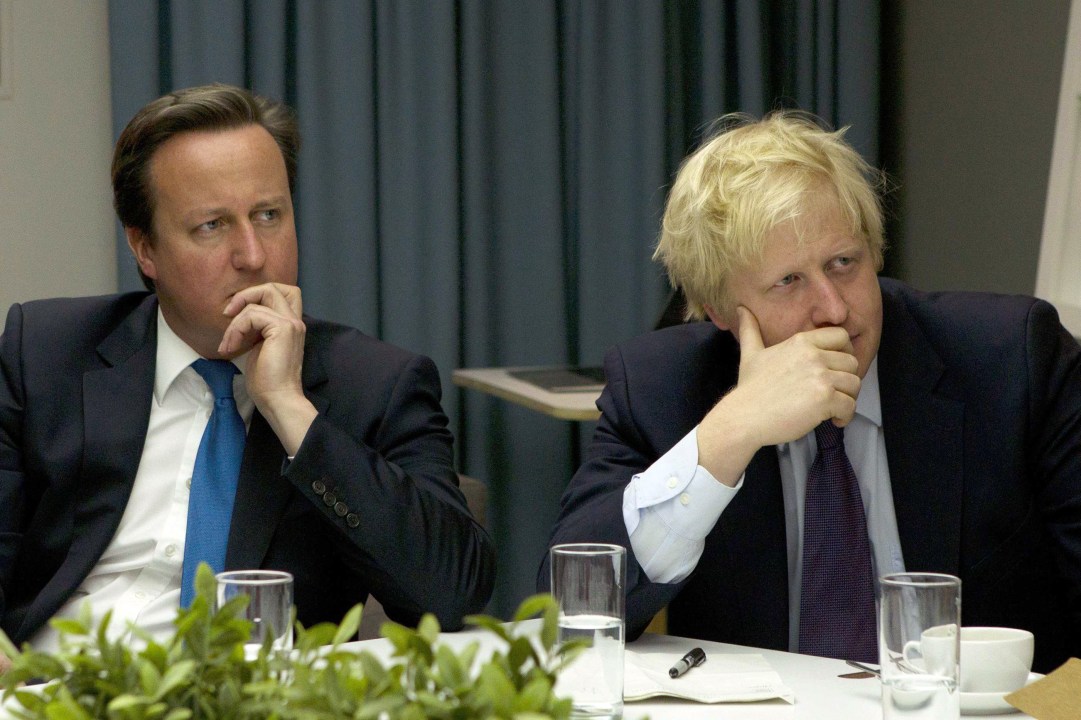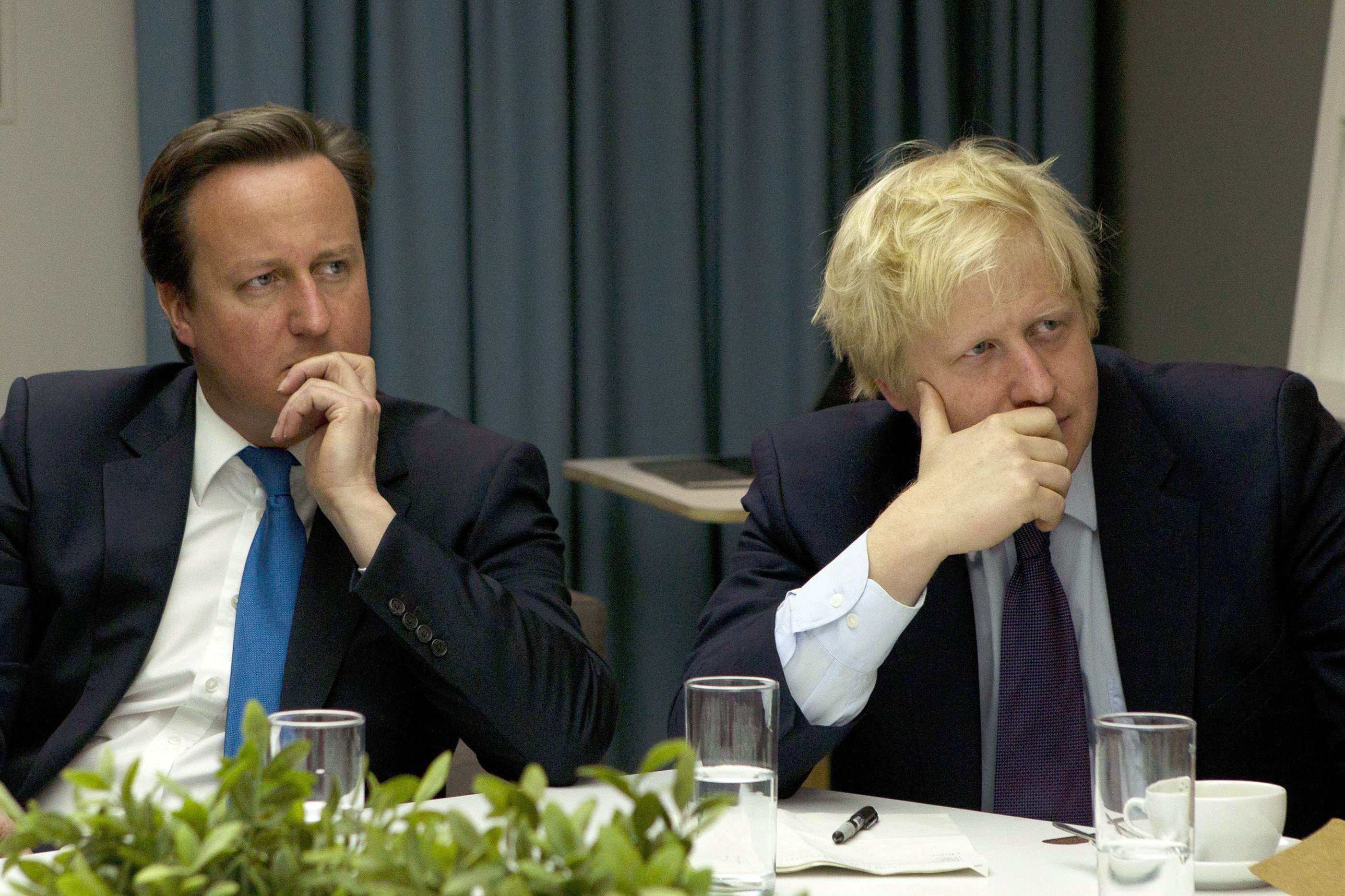It looks like Conservatism will tonight be affirmed in the greatest
city in the world — but thanks to Boris Johnson, who has been able to sell it to Londoners far better than David Cameron managed in the general election campaign. The number to watch out for
tonight is the Boris factor, the gulf between those voting for him as Mayor and those voting Conservative for the Greater London Authority. As I say in my Telegraph column today, the
clown prince is getting something badly right.
Until recently, we had been told that there are two choices for Conservatism: the ‘modernising’ faction of it, or the old voter-repelling model which lost the last three elections. The
‘modernising’ movement is itself starting to look a bit dated — as if its advocates are dreaming up ever-better ways to win the 2001 election. This is 2012, just a quarter of the
British public think EU membership is a good thing and government exploded in size over the last decade. The ‘modernising’ model of Conservatism has also limited voter appeal, as
demonstrated on election night. David Cameron is a brilliant Prime Minister in many ways, but he is also the most electorally unsuccessful Tory Prime Minister in British history. That is to say, no
one made it to No10 with such a small share of the popular vote.
What’s the problem? Not one with Cameron himself: he’s an articulate, likeable and intelligent leader who polls well above his party. I still believe he is Conservatism’s greatest
hope. The problem is the paucity of the message that Cameron has been selling, and the paucity of the agenda. On election day, voters had trouble finishing a sentence starting, ‘I really want
the Tories to win the next election because…’
Boris Johnson has shown that there is another way. He cut taxes in office, and has pledged to do so by 10 per cent if re-elected. ‘Better off with Boris’ was his slogan: you will
benefit by voting for him. Class is not an issue: like Cameron he’s a graduate of Eton and Bullingdon. But Boris doesn’t care, makes no apology for who he is, and has rejected the
self-hatred of the modernisation project. Oddly for a man who sounds like his whole life is a never-ending standup comedy sketch, Boris is credited with authenticity. His represents a different way
of doing politics: guided not by the sat nav of polls and focus groups, but by instinct and brio.
Cameron can, too. His instincts are sound, but doesn’t trust them enough. His 10 Downing Street is wired up all wrong: he has a pollster as head strategist, i.e. a spinning weathervane where
a compass needle ought to be. He has an ex-KPMG accountant as head of policy, rather than head of implementation. Cameron has no equivalent of Lynton Crosby, the brilliant Australian campaigner who
helped Boris to the position he’s in: a likely victory in a Labour city, where any Tory ought not to have a chance. ‘Cameron doesn’t appoint by merit,’ groaned one Tory minister
to me. ‘He hires people who he’d like to invite for Sunday lunch. It’s a chumocracy.’ Boris hires brilliant, competent people in whom he inspires great confidence. Exactly
as he did at The Spectator.
Cameron’s problem is not coalition with the Lib Dems, it’s entering coalition with pollsters and technocrats — and then leaving the agenda to be implemented by bunglers. This is
not a formula for inspirational government. As we are seeing, it just leaves voters cold.
There is another way. Boris has demonstrated an appetite for spirited, authentic leadership — which Cameron is supremely capable of, if he only trusted himself more. So it’s time he
switched off the autopilot machine (which was heading for the cliffs anyway) and started to govern with instinct and industry. It will be a less comfortable life, for sure, but it’s his best
hope.
 Fraser Nelson
Fraser Nelson
What Cameron can learn from Boris







Comments